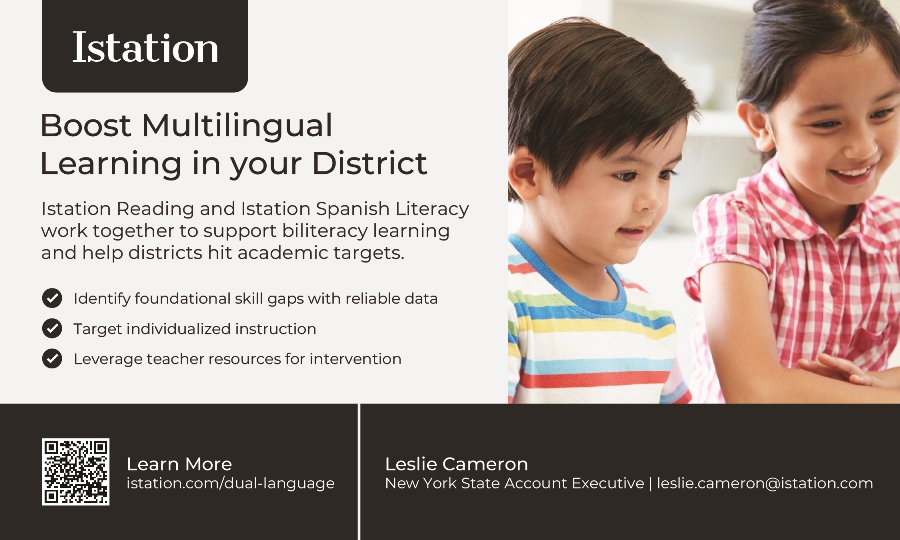Free Resources to Explore and Use ChatGPT and AI
By Christine Elgersma
 “Get an educator-focused approach to information, concerns, and uses for artificial intelligence.”
“Get an educator-focused approach to information, concerns, and uses for artificial intelligence.”
Elgersma addresses each of these topics by offering links to a variety of resources. Before each topic is addressed, however, she advises that “As we explore, it’s crucial to keep students at the center of the discussions and encourage critical thinking about this emerging technology. To that end, you can use the lists of ‘questions to consider’ included in each section for yourself and in your classroom.”
The first recommendation is to be informed. There are links to courses, webinars, articles, reports, podcasts, and guides, even one from OpenAI with prompts and lesson plans.
The article then raises concerns about privacy, bias, equity, and fake and mature content. Teachers must also be aware of its limitations and its pretense of sometimes seeming to be human.
Elgersma advises that teachers test some of the AI platforms themselves. One experiment mentioned is to explain a concept as if it were teaching a young student.
Finally, AI can be a time-saver for creating lessons and become a resource in learning for students.
Explore the information and links on the site.
Note: This page is linked from the resources listed on the NJ Department of Education Office of Innovation page about AI

 “Metacognition, or the ability to think about one’s own thinking, is a crucial skill for English Language Learners (ELLs) across all content areas. By fostering self-awareness and self-regulation, metacognitive strategies empower students to monitor their learning processes, set achievable goals, and adapt their approaches to overcome linguistic and academic challenges. Teaching metacognition equips ELLs with the tools needed to navigate not only language acquisition but also the demands of various subject areas, from math and science to history and literature.”
“Metacognition, or the ability to think about one’s own thinking, is a crucial skill for English Language Learners (ELLs) across all content areas. By fostering self-awareness and self-regulation, metacognitive strategies empower students to monitor their learning processes, set achievable goals, and adapt their approaches to overcome linguistic and academic challenges. Teaching metacognition equips ELLs with the tools needed to navigate not only language acquisition but also the demands of various subject areas, from math and science to history and literature.”
